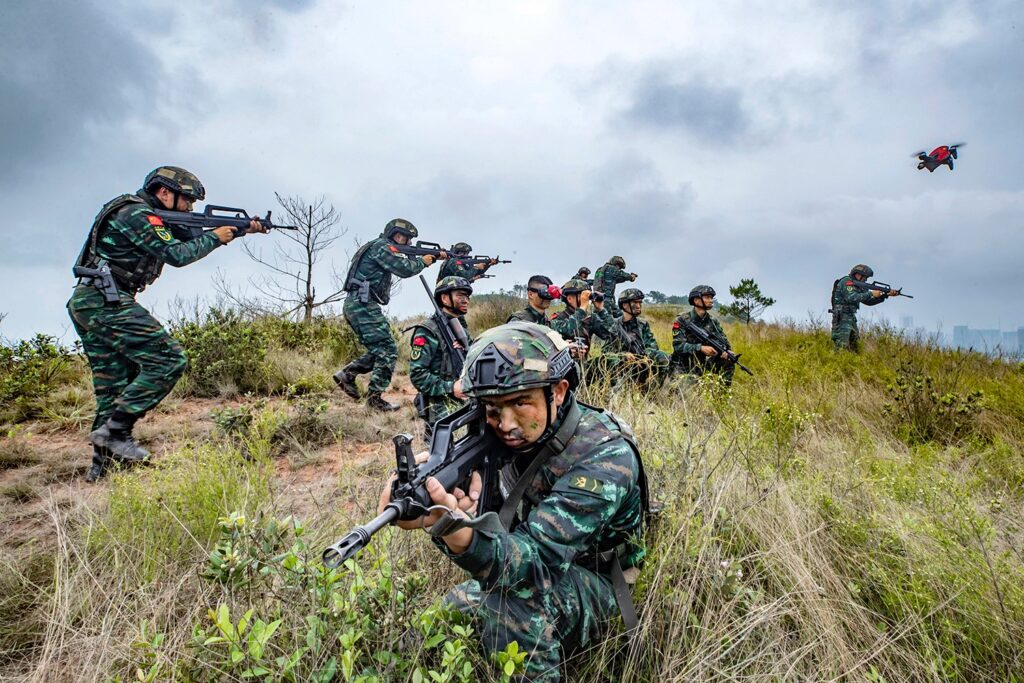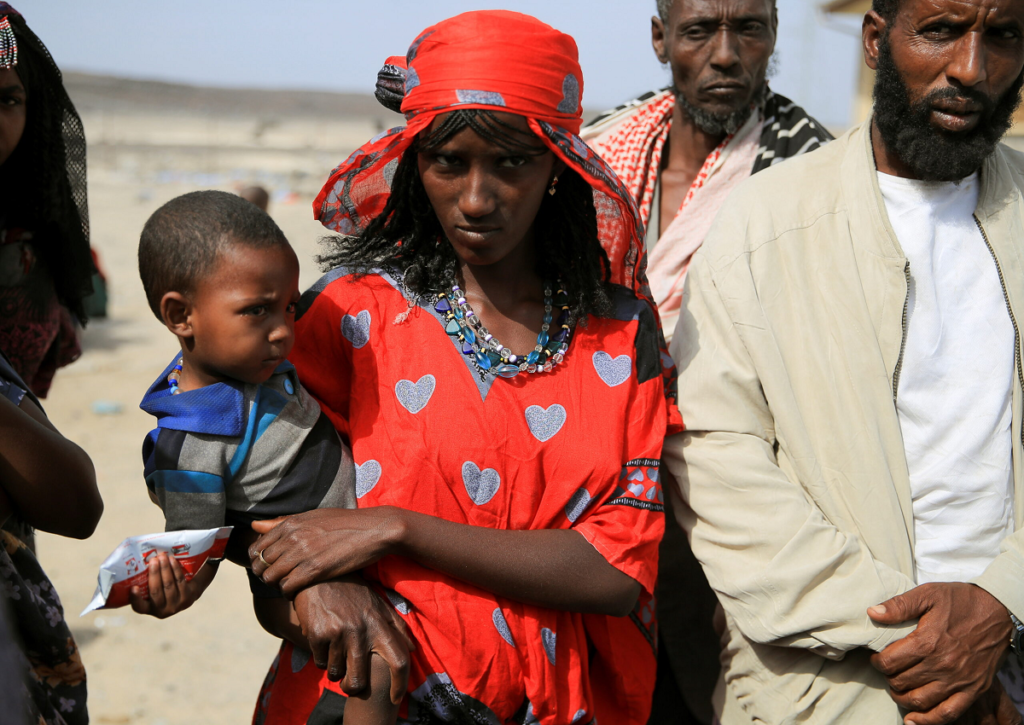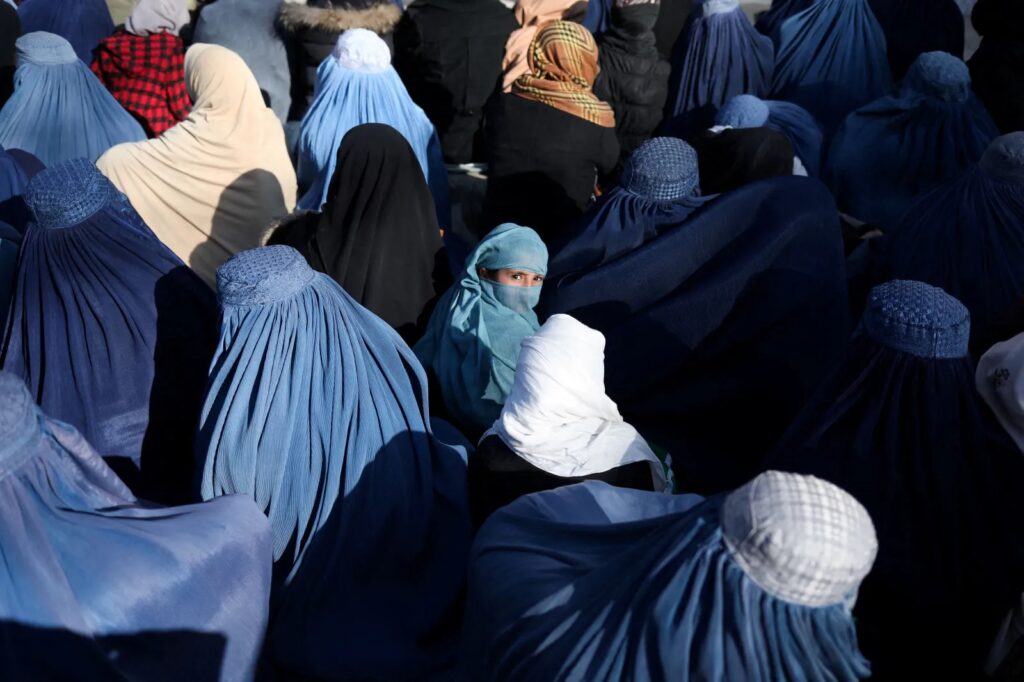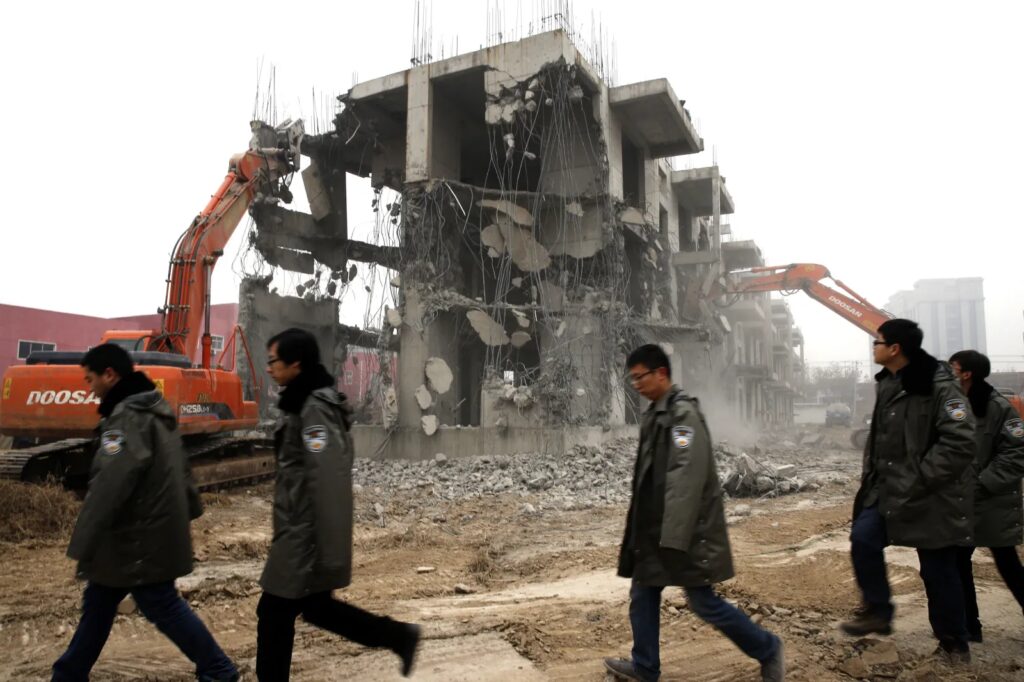International Relations Theory Suggests Great-Power War Is Coming

This week, thousands of university students around the world will begin their introduction to international relations courses for the first time. If their professors are attuned to the ways the world has changed in recent years, they will be teaching them that the major theories of international relations warn that great-power conflict is coming.









